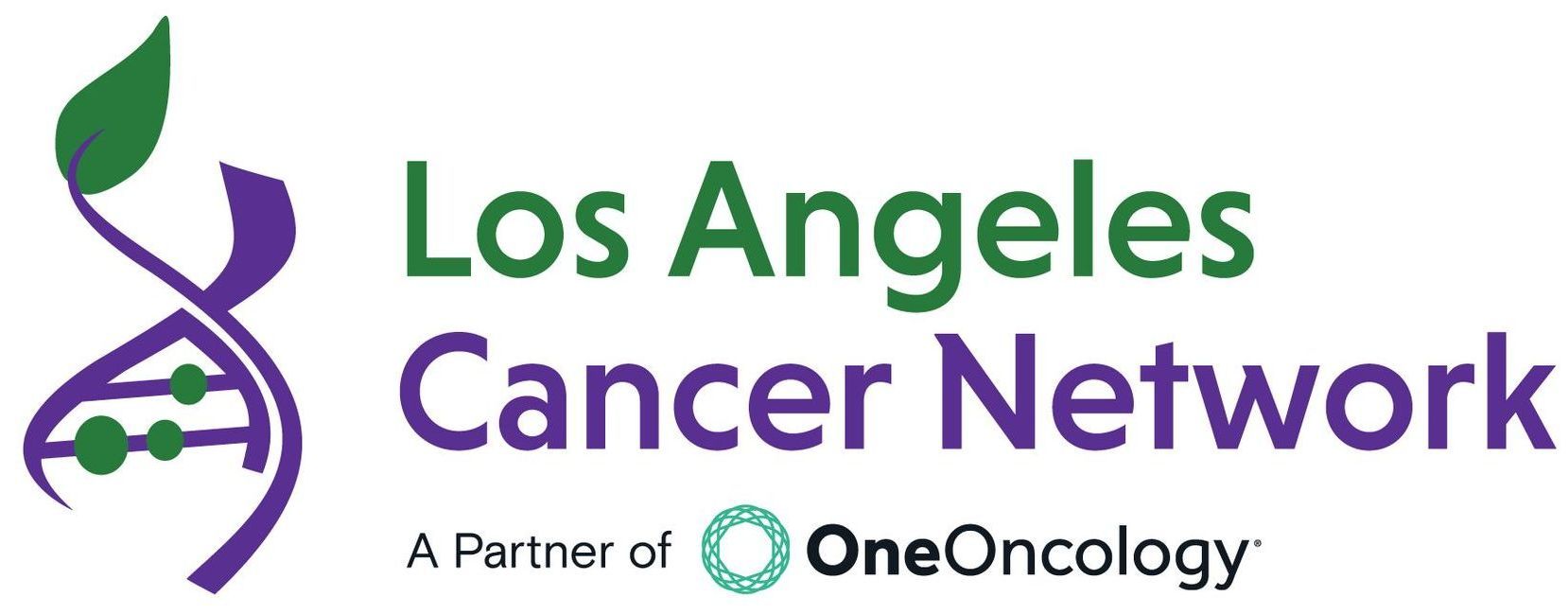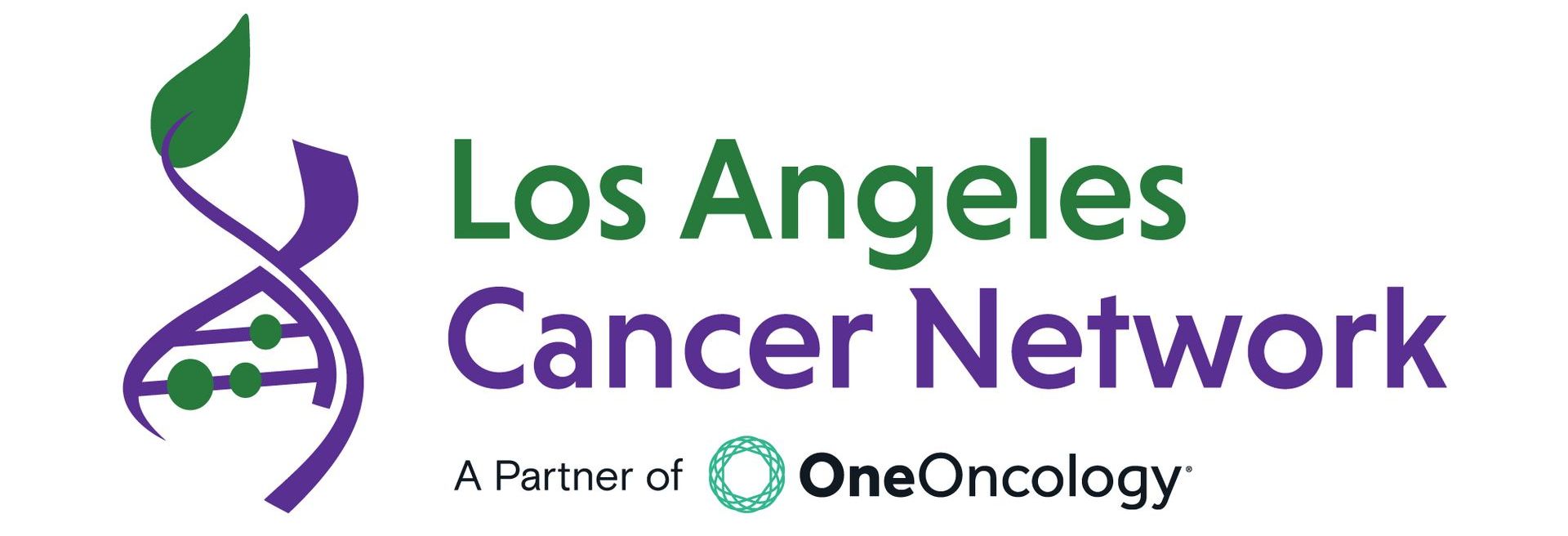Why Should You See a Hematologist Over PCP for Anemia?
Why Should You See a Hematologist Over PCP for Anemia?

Anemia, a condition characterized by a deficiency of red blood cells or hemoglobin in the blood, affects millions worldwide. While it can arise from various underlying causes, including nutritional deficiencies, chronic diseases, or genetic factors, its management requires precise diagnosis and tailored treatment plans. Many individuals turn to their primary care physicians (PCPs) for guidance when faced with anemia. However, consulting a specialist, such as a hematologist, offers numerous advantages in effectively managing this condition.
Keep reading to learn why seeing a hematologist is crucial for individuals dealing with anemia.
Understanding Anemia
Anemia isn't a disease but a manifestation of underlying health issues that disrupt red blood cells' production, lifespan, or function. These issues can stem from diverse factors, including nutritional deficiencies (such as iron, vitamin B12, or folate), chronic diseases (such as chronic kidney disease or inflammatory disorders), genetic disorders (like sickle cell disease or thalassemia), or bone marrow disorders (such as aplastic anemia or myelodysplastic syndromes).
The Role of a Primary Care Physician
Primary care physicians are the first point of contact in healthcare, addressing various medical concerns, including anemia. They conduct initial evaluations, order basic blood tests, and provide general guidance on managing mild cases of anemia. PCPs are skilled in managing various health conditions and are pivotal in coordinating patient care.
Challenges Faced by PCPs in Anemia Management
While PCPs play a vital role in healthcare delivery, managing anemia can pose challenges due to its multifactorial nature. PCPs may encounter difficulties in diagnosing complex cases, differentiating between various types of anemia, and implementing specialized treatment strategies. Moreover, new anemia research and therapies necessitate ongoing education and expertise beyond the scope of general practice.
The Expertise of Hematologists
Hematologists are medical specialists in treating blood and bone marrow disorders. Their expertise encompasses diagnosing, treating, and managing a broad spectrum of hematologic conditions, including anemia. By focusing solely on blood disorders, hematologists understand the mechanisms underlying anemia and navigate its complexities effectively.
Reasons to Consult a Hematologist for Anemia
Here are the reasons to consult a hematologist for anemia:
Comprehensive Evaluation
Hematologists conduct thorough assessments encompassing detailed medical histories, physical examinations, and specialized laboratory tests to diagnose anemia accurately. They delve into factors such as family history, dietary habits, medication use, and symptoms associated with anemia, enabling them to uncover potential underlying causes.
Differential Diagnosis
Anemia is a heterogeneous condition with various etiologies, ranging from nutritional deficiencies to complex hematologic disorders. Hematologists excel at performing differential diagnoses, systematically ruling out alternative explanations, and honing in on the specific type and cause of anemia affecting the patient.
Specialized Laboratory Testing
Hematologists utilize various laboratory tests to evaluate different aspects of red blood cell production, function, and morphology. These may include complete blood counts (CBC), peripheral blood smears, reticulocyte counts, serum iron studies, vitamin B12 and folate levels, hemoglobin electrophoresis, and genetic testing. Hematologists can understand the abnormalities and formulate precise diagnoses by interpreting these results with clinical findings.
Identification of Underlying Conditions
Anemia often serves as a warning of underlying medical conditions, such as gastrointestinal bleeding, chronic kidney disease, autoimmune disorders, or malignancies. Hematologists are adept at recognizing these associations and conducting comprehensive evaluations to identify and address the root causes of anemia.
Differentiation of Anemia Types
Anemia encompasses a spectrum of disorders characterized by red blood cell quantity or quality deficiencies. Hematologists possess the expertise to differentiate between various types of anemia, including iron deficiency anemia, megaloblastic anemia, hemolytic anemia, aplastic anemia, and inherited hemoglobinopathies (such as sickle cell disease or thalassemia). Accurate classification is essential for guiding appropriate treatment strategies.
Evaluation of Complications
In addition to diagnosing anemia, hematologists assess for potential complications arising from chronic or severe forms of the condition. These may include cardiovascular complications (such as heart failure or arrhythmias), neurologic manifestations (such as cognitive impairment or peripheral neuropathy), or impaired immune function. By addressing these complications promptly, hematologists aim to mitigate adverse outcomes and improve the overall prognosis.
Consideration of Patient Factors
Hematologists recognize the importance of individualizing diagnostic approaches based on patient-specific factors, including age, gender, comorbidities, and lifestyle factors. They consider physiological changes in pregnancy, age-related declines in hematopoietic function, or dietary preferences influencing nutrient intake. Hematologists optimize diagnostic accuracy and therapeutic efficacy by tailoring evaluations to patients' unique circumstances.
Integration of Advanced Imaging and Molecular Testing
In cases where conventional laboratory tests yield inconclusive results, hematologists may employ advanced imaging modalities (such as bone marrow biopsy, MRI, or CT scans) and molecular testing techniques (such as polymerase chain reaction or next-generation sequencing). These sophisticated tools provide insights into bone marrow morphology, genetic mutations, and molecular pathways underlying hematologic disorders, facilitating precise diagnosis and targeted therapies.
Tailored Treatment Plans
Anemia treatment requires personalized approaches based on the underlying cause, severity, and individual patient factors. Hematologists specialize in devising customized treatment plans, including dietary modifications, iron supplementation, erythropoiesis-stimulating agents, blood transfusions, or targeted therapies for underlying conditions.
Management of Complex Cases
Some forms of anemia, such as those resulting from inherited disorders or bone marrow dysfunction, necessitate specialized expertise for optimal management. Hematologists possess in-depth knowledge of these complex conditions and can offer comprehensive care, including genetic counseling, hematopoietic stem cell transplantation, or novel therapeutic interventions.
Collaboration with Multidisciplinary Teams
Hematologists collaborate closely with other healthcare professionals, including oncologists, nephrologists, gastroenterologists, and genetic counselors, to ensure holistic care for patients with anemia. This multidisciplinary approach facilitates coordinated management of underlying conditions contributing to anemia and enhances patient outcomes.
Monitoring and Follow-up
Anemia management requires ongoing monitoring to assess treatment efficacy, detect potential complications, and adjust therapeutic strategies. Hematologists provide regular follow-up care, monitoring blood counts, iron levels, and other relevant parameters to optimize patient well-being and quality of life.
Access to Clinical Trials and Innovative Therapies
As specialists at the forefront of hematology research, hematologists offer access to cutting-edge clinical trials and innovative therapies for anemia and related disorders. Participation in clinical research allows patients to explore new treatment modalities and contribute to advancements in the field.
LA Cancer Network understands the importance of specialized care for your anemia. Our team of dedicated hematologists excels at achieving precise diagnoses and implementing cutting-edge therapies, ensuring the best possible outcomes for our patients.
Schedule your consultation with us and take the first step towards optimal well-being.






















